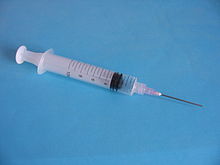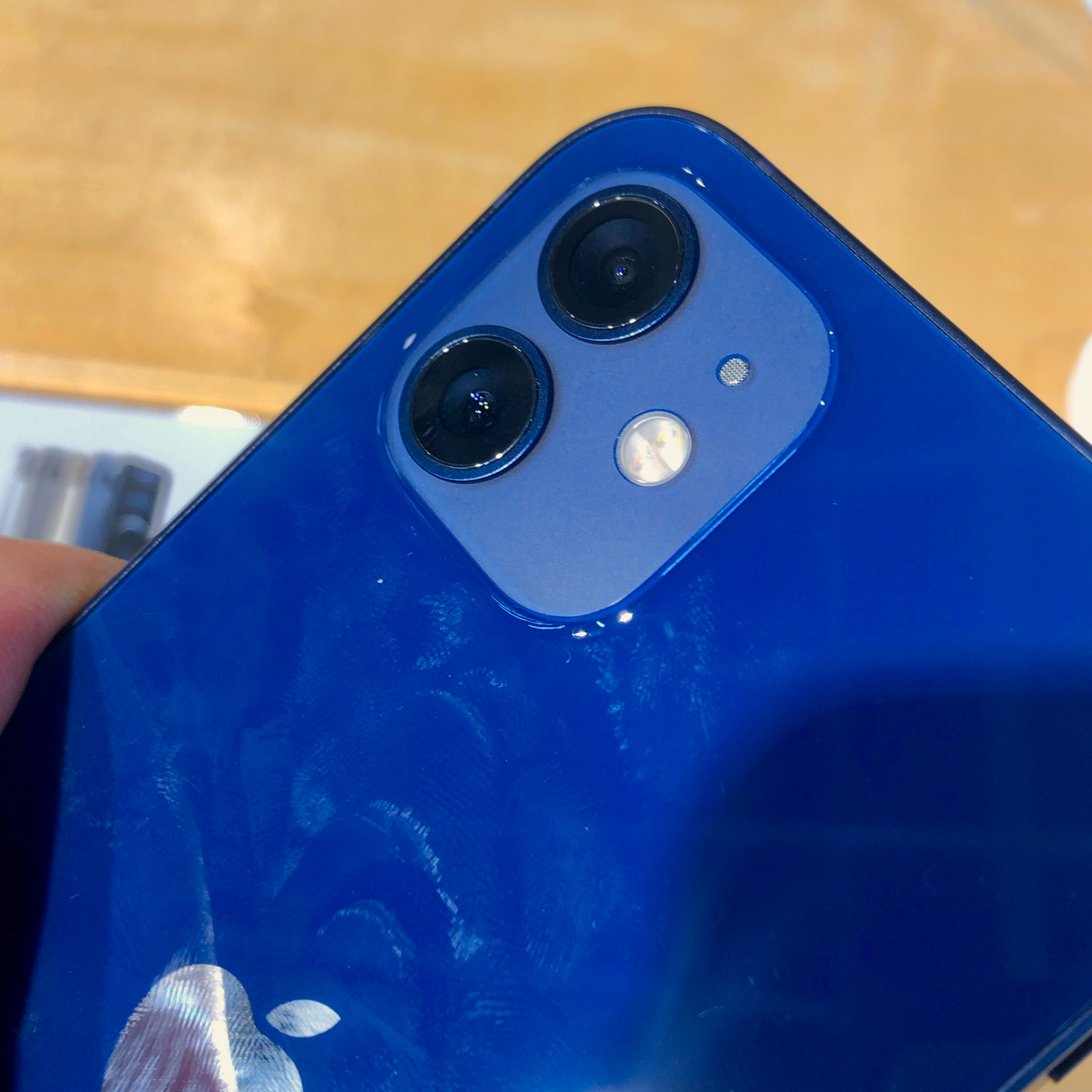Supreme Court’s Landmark Ruling Ends Chevron Deference: Implications for Personal Injury Law
 In a pivotal decision, the U.S. Supreme Court has overturned the Chevron deference doctrine, fundamentally altering the landscape of federal agency authority. This 6-3 ruling in the case of Loper Bright Enterprises v. Raimondo is set to have far-reaching consequences across various sectors, including personal injury law.
In a pivotal decision, the U.S. Supreme Court has overturned the Chevron deference doctrine, fundamentally altering the landscape of federal agency authority. This 6-3 ruling in the case of Loper Bright Enterprises v. Raimondo is set to have far-reaching consequences across various sectors, including personal injury law.
Understanding Chevron Deference
Chevron deference, established in the 1984 case Chevron U.S.A., Inc. v. Natural Resources Defense Council, Inc., mandated that courts defer to a federal agency’s interpretation of ambiguous statutes it administers, provided the interpretation is reasonable. This principle has played a critical role in how agencies like the Occupational Safety and Health Administration (OSHA) and the Environmental Protection Agency (EPA) enforce regulations.
 New York Personal Injury Attorneys Blog
New York Personal Injury Attorneys Blog











